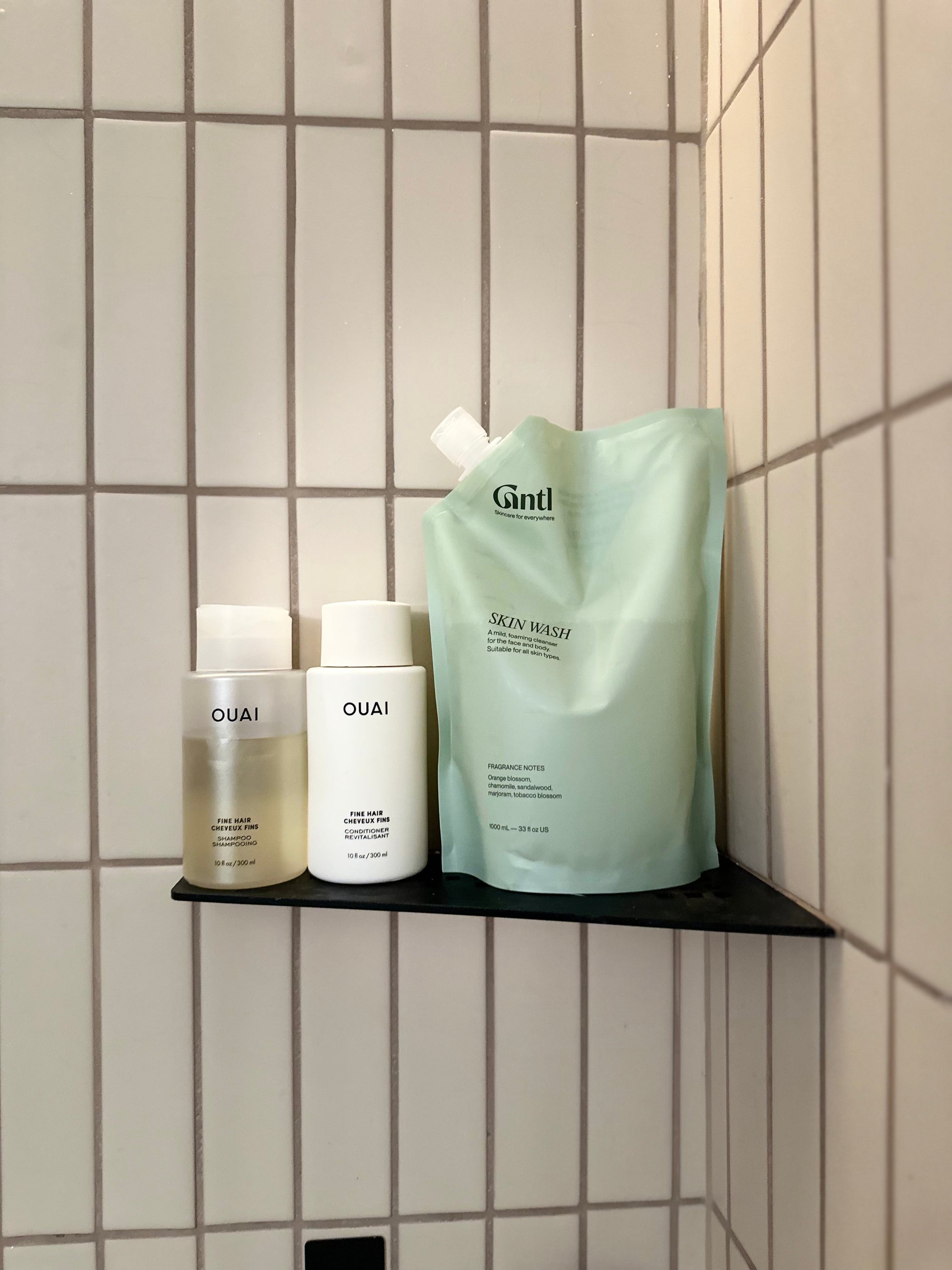In our pursuit of perfect skin, elaborate multi-step routines have become the norm. But have you considered the environmental cost of those 10+ products lining your bathroom shelf? The statistics are sobering. Let's examine why sustainable skincare might mean using fewer products.
The Hidden Environmental Costs
Packaging Waste
The beauty industry produces approximately 120 billion units of packaging each year, with an estimated 114 billion pieces thrown away rather than recycled. According to the British Beauty Council, just 14% of plastic waste is sent to recycling facilities, and only 9% actually gets recycled. With a 10-step routine, that's at least 10 containers entering the waste stream every few months.
Resource Consumption
In 2020, around 10.4 million tons of water was used in the beauty industry. The sector is considered one of the largest contributors to water use, ocean pollution, and wastewater. Additionally, the energy required for production and transportation contributes significantly to carbon emissions.
Production Waste
The plastics industry's contribution to climate change is on track to exceed that of coal-fired power in the U.S. by 2030, with single-use packaging accounting for more than 40% of total plastic usage worldwide. Approximately one billion tubes of lipstick are thrown out every year, along with 400 million single-use silicone molds used to print logos on products—items that typically can't be recycled.
Minimalist Skincare Is More Sustainable
Quality Over Quantity
A minimalist approach focuses on fewer, multifunctional products that deliver multiple benefits. One thoughtfully formulated cleanser can effectively address several needs while reducing skincare waste and environmental impact.
Simplified Supply Chains
Fewer products mean simplified supply chains and reduced transportation emissions. This streamlining creates opportunities for more transparent sourcing and lower carbon footprints.
Less Waste Generation
Studies show that 64% of consumers consider sustainability very important when purchasing beauty products, driving brands to adopt more eco-friendly practices. With fewer, more carefully selected products, you're more likely to use them consistently and completely, reducing the staggering amount of partially used products that end up discarded.
Making the Transition
-
Audit Your Routine: Examine what you currently use and identify redundancies
-
Prioritize Multifunctional Products: Look for products specifically formulated to serve multiple purposes
-
Focus on Skin Health: Healthy skin often needs less intervention, not more
-
Choose Sustainable Brands: Support companies committed to environmental responsibility through minimal packaging and thoughtful formulations
The Power of Your Choices
Of the 120 billion units of plastic packaging used annually by the cosmetic industry, 70% ends up in landfills. Bioplastics do not degrade naturally or within the average human lifespan and require industrial composting facilities to break down properly.
When you embrace skincare minimalism, you become part of a necessary shift in consumer behavior. Your choices signal to the beauty industry that sustainability matters alongside efficacy, driving meaningful change in product development and packaging.
Sustainable skincare isn't about deprivation; it's about intention. It's recognizing that what's good for the planet is often good for your skin and your peace of mind. The next time you're tempted by another addition to your skincare regimen, remember: when it comes to both environmental impact and skin health, less truly can be more.
Ready to simplify your routine with sustainable, multifunctional skincare? Discover Gntl's Skin Wash—one thoughtfully formulated product that replaces your cleanser, makeup remover, body wash, hand soap, and more.


